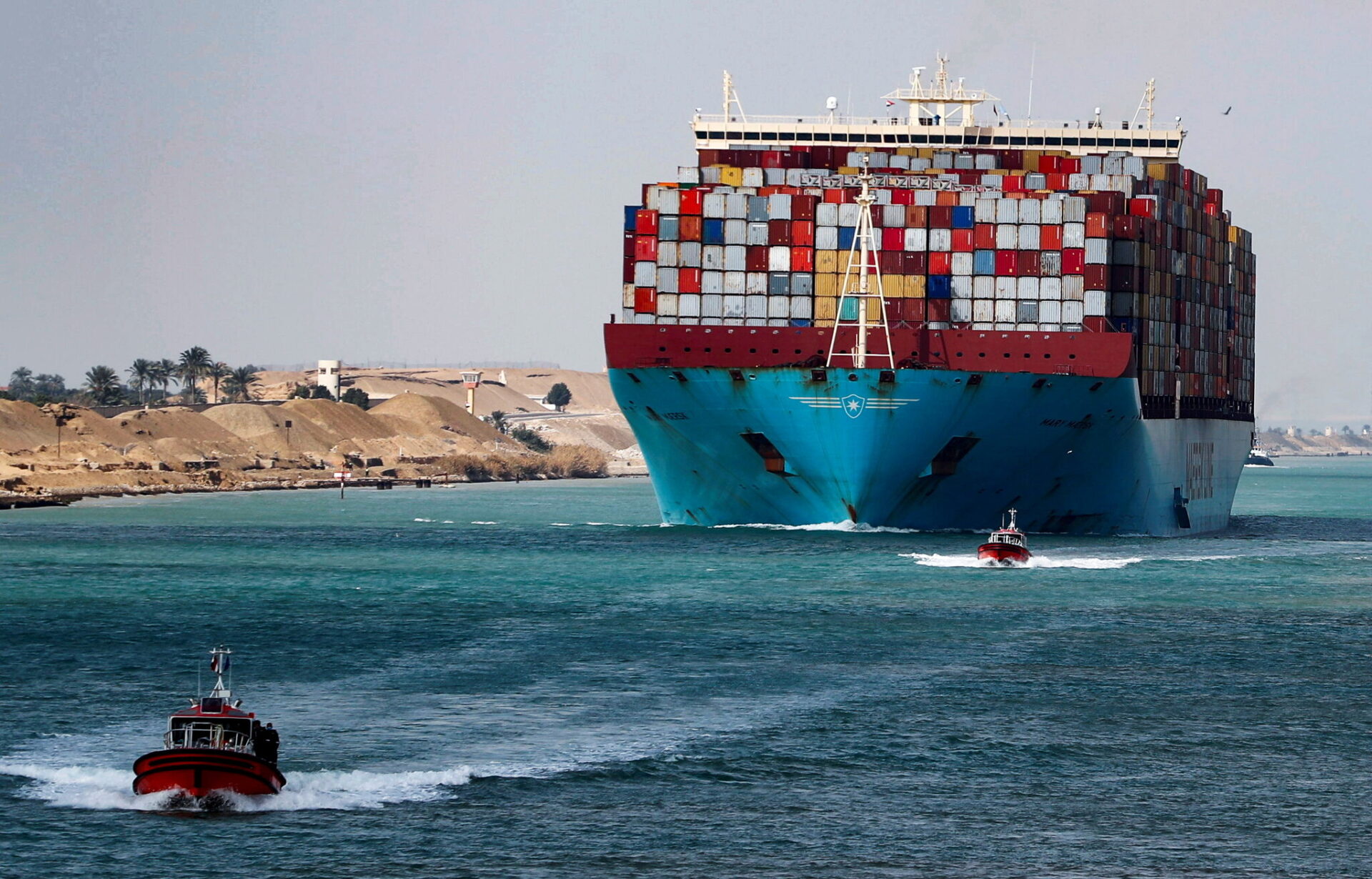Federal Minister for Maritime Affairs Muhammad Junaid Anwar Chaudhry has said that Pakistan’s long underutilized seas are now central to the nation’s economic transformation and climate-resilient maritime growth agenda.
Speaking at the closing ceremony of the Pakistan International Maritime Exhibition and Conference (PIMEC) 2025, the flagship event of Pakistan Maritime Week, the minister reaffirmed the government’s commitment to turning Pakistan into a strong, connected, and sustainable maritime nation. He said that PIMEC 2025 was more than an exhibition and represented a declaration of Pakistan’s maritime intent, noting that it attracted international partners, investors, and experts exploring opportunities across the blue economy, including shipping, fisheries, logistics, shipbuilding, and digital transformation.
Highlighting recent progress, Chaudhry said the Pakistan National Shipping Corporation (PNSC) fleet had expanded from 10 to 12 ships, with three more expected to arrive within two months. He added that tenders for 12 additional vessels were already in process, as part of plans to increase the national fleet to 30 ships by 2026 and 60 within three years. The minister also announced that the government had granted a licence to the first-ever private company to operate ferry services, marking a major step toward cleaner and more sustainable maritime mobility.
Unveiling new initiatives, Junaid Chaudhry said Pakistan’s first Green Ship Repair and Recycling Yard would be established at Port Qasim under the “Sea to Steel Integrated Maritime Industrial Complex,” a project that would also support the revival of Pakistan Steel Mills. He said a Rs 12 billion investment was underway to modernize the Gaddani Ship Recycling Yard in line with the Hong Kong Convention environmental standards. The minister added that the National Fisheries and Aquaculture Policy 2025–2035 had been finalized, targeting a doubling of fisheries exports within a year. A Maritime Education Endowment Fund had also been created, and the Pakistan Marine Academy would be upgraded into a full-fledged Maritime University to train the next generation of seafarers.
Outlining his long-term vision, the minister said Pakistan’s “Maritime Century (2047–2147)” would rest on developing three new deep-sea ports, expanding the national shipping fleet, establishing AI-enabled maritime industrial complexes for shipbuilding and recycling, producing “Made-in-Pakistan” ships, achieving 100 percent green digital ports with multimodal connectivity, and leading regional maritime cooperation for peace and shared prosperity. “The sea is our next frontier for trade, prosperity, energy, food, and climate resilience,” he said, adding that by 2047, Pakistan aims to emerge as a global blue economy hub driving sustainable growth across the North Arabian Sea and Indian Ocean.
Chaudhry emphasized Pakistan’s strategic location at the crossroads of South Asia, Central Asia, the Middle East, and East Africa, describing it as a natural maritime gateway for regional trade. He said that under the Prime Minister’s guidance, the Ministry of Maritime Affairs was implementing the “Maritime @100” vision, a $100 billion blue economy plan to coincide with Pakistan’s centenary in 2047. Concluding his address, he called for renewed regional cooperation and innovation, saying that Pakistan’s future “lies in the sea — from Gwadar to the global ocean.”
Discover more from Brackly News
Subscribe to get the latest posts sent to your email.



